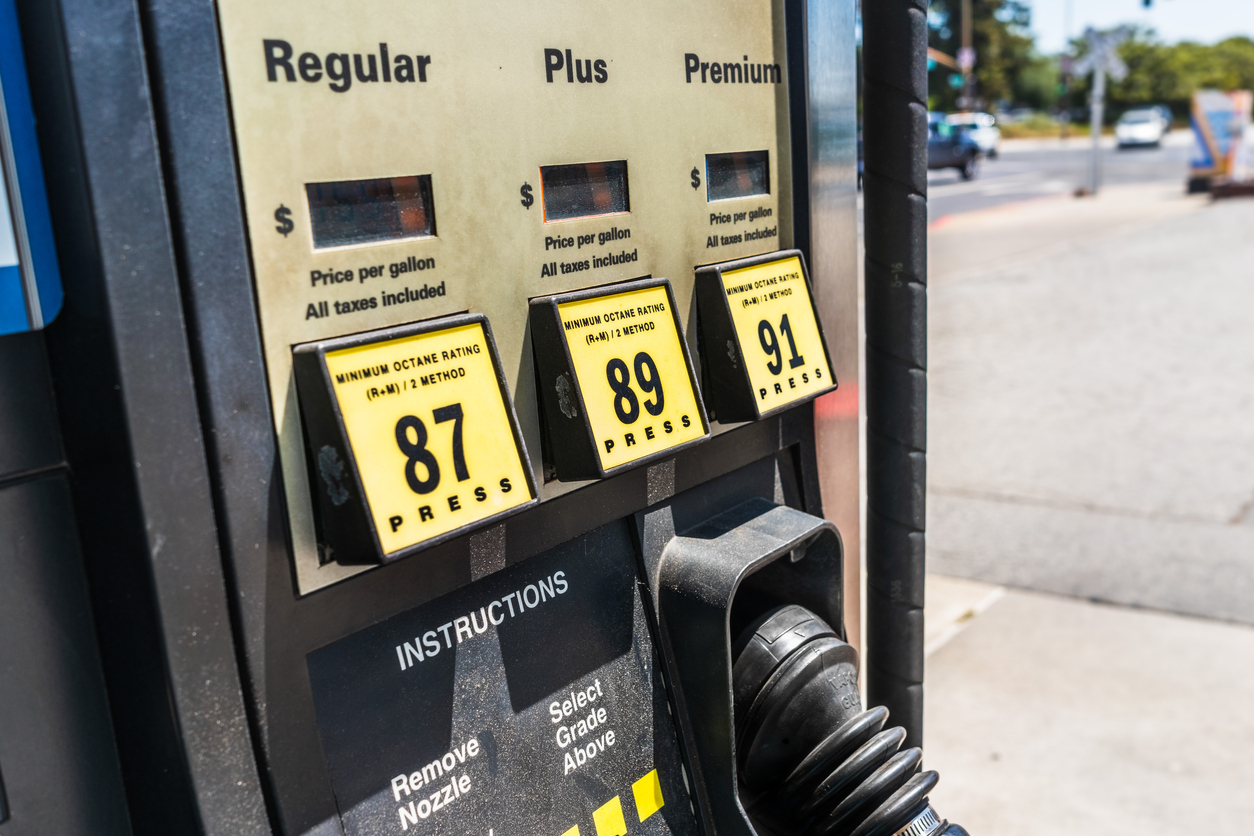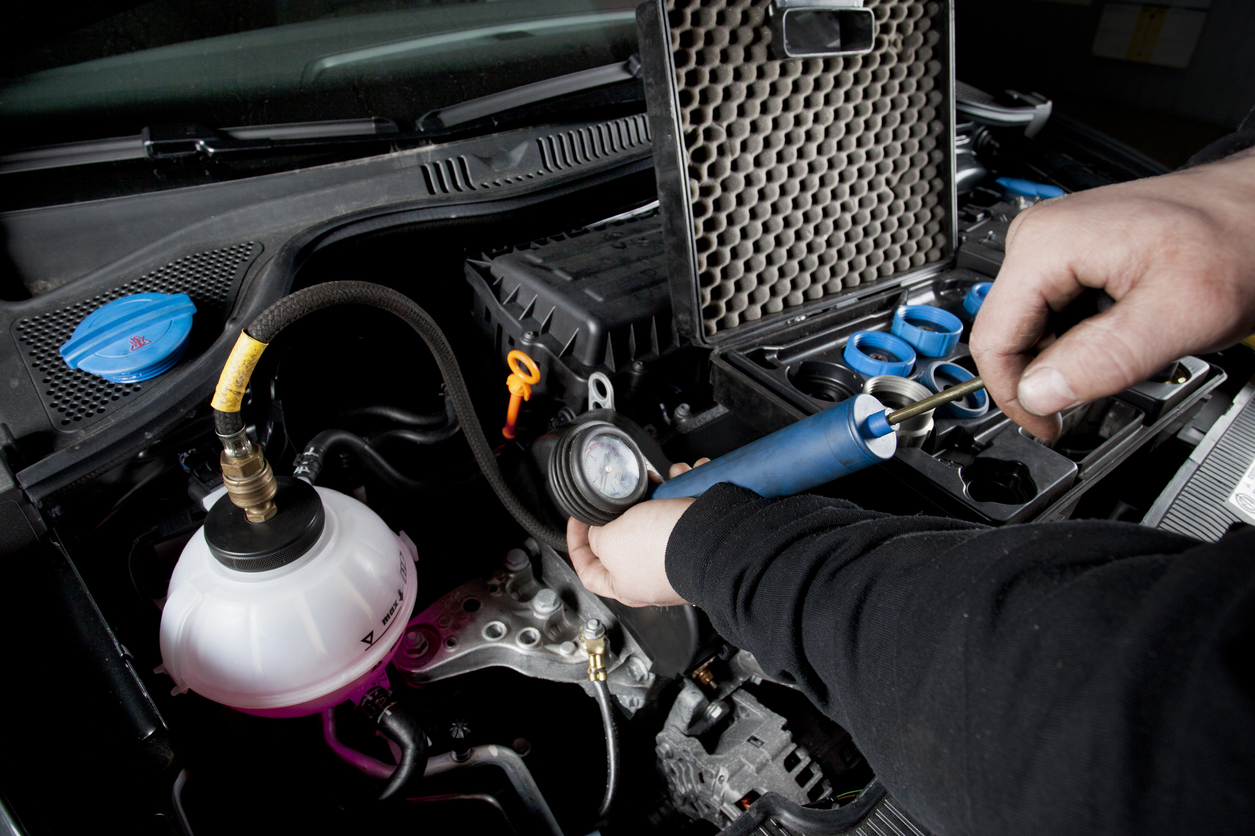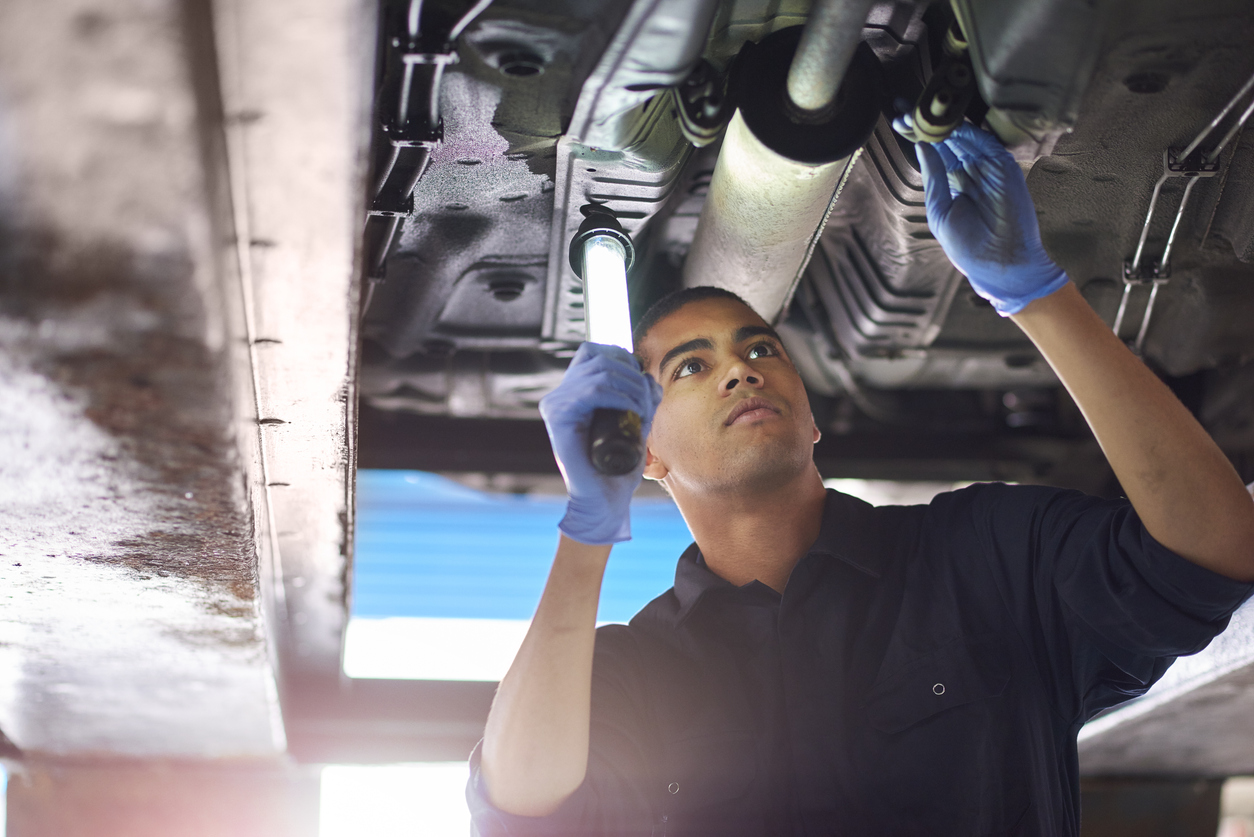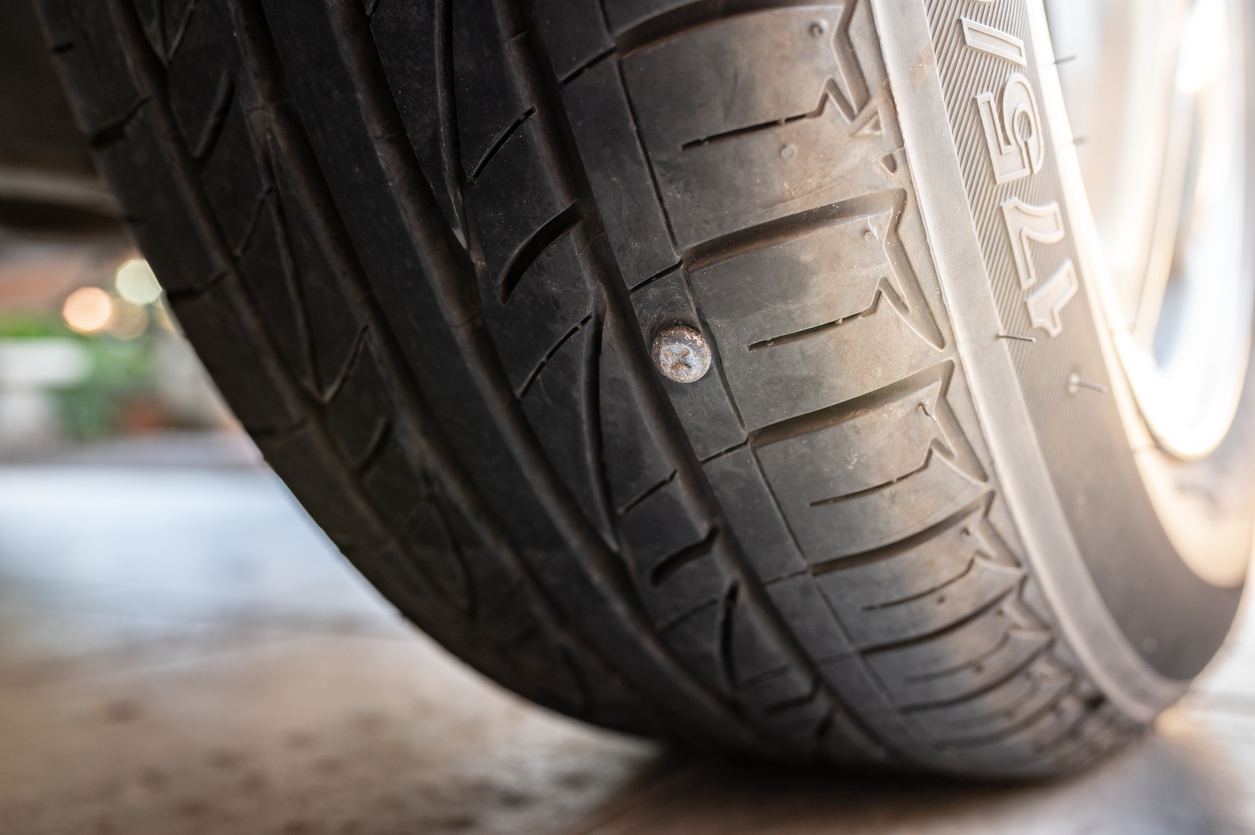We may earn revenue from the products available on this page and participate in affiliate programs. Learn More ›
Is your car making a loud noise when accelerating, braking, or just sitting in the driveway? Today’s cars are quieter than the clunkers of old, yet certain squeaks, rattles, and hums are still part of the driving experience. Sometimes, however, you may notice a strange noise coming from under the hood, from the tires, or from some hard-to-pinpoint location. When this happens, pay attention! Don’t just turn up the stereo or ignore the noise, hoping it will go away. Instead, find a good mechanic who can diagnose car problems and fix them.
1. Knocking, Popping, or Banging
The most common cause of engine knocking is using low-octane gasoline in a car that requires high-octane gasoline, which leads to improper vehicle performance. A car engine noise that sounds like popping can indicate several problems, including worn or dirty spark plugs, a clogged fuel filter or dirty air filter, bad ignition wires, or a problem with the distributor cap or rotor. It can also be caused by a dirty mass air flow sensor or oxygen sensor, or it can signal a problem with the catalytic converter.
RELATED: The Best Tire Inflators for Vehicle Maintenance, Tested

2. Squealing
If your car makes noise when accelerating, and it sounds like squealing or chirping sounds when you step on the accelerator, you could have a loose or slipping engine belt, or there could be a problem with the water pump. If you hear squealing from the wheels when you apply the brakes, there could be serious problems with the brake rotors, brake pads, or brake shoes. If you hear squealing when turning to pull into a parking spot, it could be an alignment issue.
3. Clicking or Tapping
Clicking noises, especially when turning, may indicate a problem with the CV joints, which are located on the inner and outer ends of the axles. These allow power to be transferred efficiently to the wheels while still letting the wheels turn and move freely up and down. Clicking noises can also be caused by failing universal joints, which are located on the drive shaft.
When it’s a car making noise when accelerating and the clicking or ticking speeds up with higher RPMs, it’s coming from the engine and typically means that the engine is low on oil or that there is a problem with the oil pressure or valves.
RELATED: 13 Hacks Every Car Owner Should Know
4. Whirring or Whining
Whirring and whining noises from the engine vary as the car runs fast or slow. These sounds can indicate a number of different problems, including a failing water pump, a bad power steering pump, low power steering fluid, a failing alternator, or problems with the air-conditioning system. Even problems with tensioner pulleys can make a humming noise when accelerating or decelerating. A car whining noise can also be a sign of wear or problems with the transmission or differential gear train. There might also be a whirring sound that comes from mismatched, worn, or oversized tires, in some cases.

5. Hissing
A hissing noise coming from under the hood is generally the sign of a leak, typically in either the cooling system or the vacuum system. If your car is making a hissing sound right after you turn off the car, it is often a sign that oil or coolant is leaking onto the exhaust manifold or another heated engine part. High-pitched hissing while the car is running is often a sign of a leak in a vacuum line, hose, or fitting, and it can be accompanied by a rough idle (idling is when the engine is running at its lowest RPM, like while sitting at a light or in a driveway).
6. Grinding or Humming
A grinding or low-pitched humming sound in a car can be a sign of wear and failing parts. If you hear gears grinding while shifting a manual transmission, you may have a problem with the clutch, transmission, or synchronizers. If the grinding noise occurs when you apply the brakes, it typically means you need new brake pads and possibly rotors. A low-pitched humming coming from under the car could mean a failing transmission, worn universal joints, a bad wheel bearing, or a worn differential. A car humming noise from the tires usually means uneven wear or damage, while a grind from a wheel (without the brakes applied) is the sign of a failing wheel bearing.
7. Rattling
Unless you just got married and have a bunch of cans tied to your bumper, rattles are typically a sign of failing equipment, body damage, or loose or missing bolts. The most common cause of a rattle under the car is a problem with the exhaust system, such as a loose or damaged heat shield, a corroded exhaust pipe, or loose bolts on the muffler or exhaust pipe, but the rattle could also be caused by a problem with the catalytic converter. A rattle coming from the engine compartment could mean a failing water pump or a bad pulley bearing on the timing belt. Interior rattles could indicate missing screws on interior trim pieces, worn window channels, or problems with roller tracks on doors and windows.
RELATED: 13 Hacks Every Car Owner Should Know

8. A Loud Exhaust
Engines are loud machines. They experience thousands of tiny explosions every minute. One job of the exhaust system is to reduce the excessive noise by running it through pipes and, ultimately, a muffler that is designed to deaden the sound while letting exhaust through. When the exhaust breaks anywhere between the engine and the muffler, the exhaust will become much louder and nearly unbearable for everyday driving. This can sound like a low rumbling noise when accelerating at low speeds or a loud droning sound at highway speeds. A broken exhaust can also affect emissions control and performance, so it’s important to get on it right away.
9. Ticking
If you’re hearing a bit of ticking underneath the hood and the car is starting to run a little rough, there’s a chance you’re having ignition issues. The ignition system in modern cars consists of coil packs, spark plug wires, and spark plugs. If a coil pack is cracked or the spark plug wires are worn, voltage could be jumping from these components to the engine block or another grounded object. This will usually result in sputtering, hesitation, or poor gas mileage. The ticking may even occur just at certain RPMs, and, believe it or not, it can go away depending on the temperature under the hood. (It’s important to note that a little tick is normal. This is usually the sound of fuel injectors spraying gas into the cylinder.)

10. Clunking
A vehicle’s suspension is designed to take the brunt of everyday driving while providing a smooth ride. To make this happen, there are components at each front wheel called ball joints, and their job is to provide tremendous amounts of flexibility, pivoting and twisting to allow the suspension to adapt to potholes, speed bumps, or uneven ground. Once the ball joints start to fail, the driver will begin to experience clunking or thumping while driving over small, or even practically unnoticeable, bumps in the road.
RELATED: The Best Tire Pressure Gauges for Car Owners

11. Clicking at Low Speeds
If you’re noticing a clicking sound at low speeds (we’re talking parking lot speeds), you should try to pinpoint where it’s coming from. This sound is usually caused by an object stuck in the tire. Sometimes it’s just a rock stuck in the tread that will eventually come loose while driving. It could, however, be a nail, screw, or another less benign item. While such objects could eventually dislodge, they’re more likely to slowly bleed air from the tire, causing uneven wear and annoying trips to the gas station air pump.


